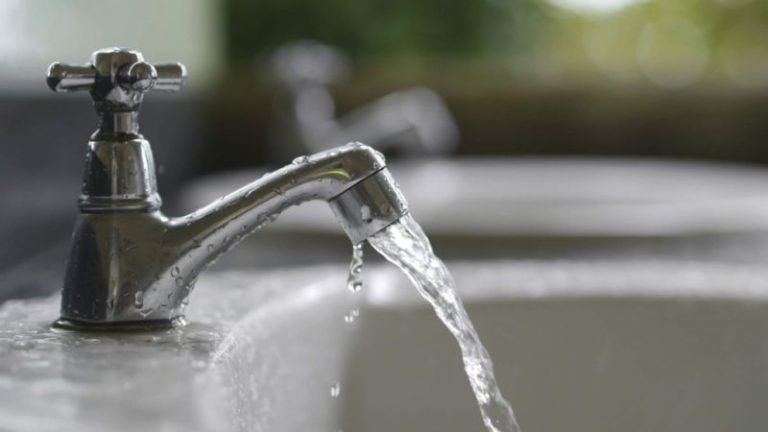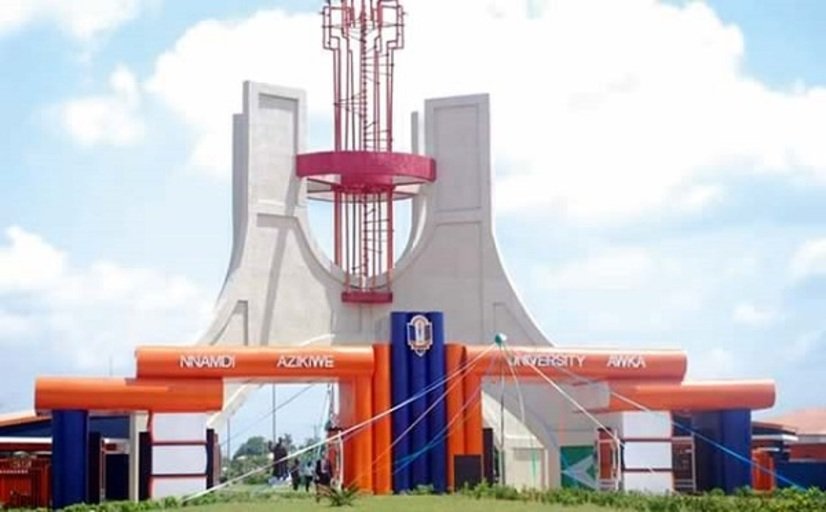Tunisian officials have begun turning off drinking water at night in portions of the capital and other towns, people reported, in what seems to be a move to curb use during a severe drought.
Cutting off water without previous notification, in districts of the capital Tunis, Hammamet, Sousse, Monastir and Sfax, threatens to create social conflict in a nation whose people suffer from bad public services, rising inflation and a weak economy.
Officials of the water distribution business contacted by reporters refused to comment.
Tunisia is facing a major drought, leading authorities to declare the ministry may begin to turn off water supplies at night throughout the summer to minimise usage owing to the paucity of reserves in the nation.
The ongoing lack of rain, though, seems to have forced officials to start doing so early in certain regions.
Yassin Mami, a politician in the new parliament, stated officials from the national water corporation told him that the reason for the frequent stoppage of water service in Hammamet city, was “because the country is threatened by water scarcity”.
Tunisian dams showed a decline in the capacity of roughly of 1 billion cubic metres owing to a shortage of rain from September 2022 to mid-March 2023, Hamadi Habib, a senior official in the agricultural ministry, stated.
The Sidi Salem Dam in the north of the nation, a significant supply of drinking water to various areas, has decreased to just 16% of its full capacity of 580 million cubic meters, official numbers indicated.










